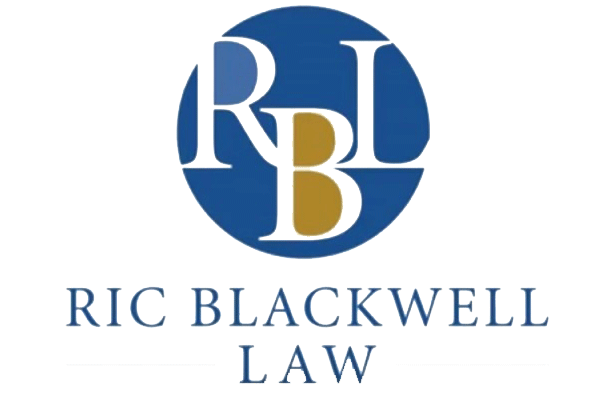Estero Real Estate Attorney
Floridians Invest in Their Own Homes as “Legacy” Real Estate
As investment options grow, many retirees are choosing to keep their money at home—or at least, in their dream homes. One of the most popular real estate investment trends among affluent Florida residents is buying or building “legacy” properties: large-scale houses that are meant to be passed down to their children and grandchildren.
One couple, Bob and Carol Rogers of Longboat Key, Florida, recently built a 6,800-square-foot mountain home in North Carolina. It’s a retirement haven where they can host their growing family, and eventually, pass it on to their kids.
Mr. Rogers, 58, sold his commercial-contracting firm in order to purchase the home in 2008. The original cost of the 12-acre lot and house was $5 million, with an additional $1.2 million invested in improvements to the landscape.
“Twenty, thirty years from now, our kids can cherish it with all their kids,” he said.
Location plays a large role in determining the value of the home, as resort-style estates in areas with thriving tourist trades are more likely to increase in value. Estates such as these are increasingly popular with families who enjoy taking vacations together, but live in various states throughout the year. The home may be used as a holiday gathering place for widespread relatives, or used as a rental property when not in use by the owners, generating some of the income lost at the initial investment.
Legacy homes are typically designed to include multiple amenities that will appeal to a wide range of age groups. Architects have designed whole communities with legacy estates in mind, making the properties more like a resort than a family home. Houses may have several master bedrooms, or separate cottages or apartments adjacent to the main property.
Interiors may come equipped with lavish home theaters, expensive sound systems, or a projection television for families to enjoy movies and video games. Properties that are too far from the ocean may add the benefit of a swimming pool big enough for laps, a nearby hot tub, or a smaller splash pool for children. Large grassy areas may be modified into basketball or volleyball courts or shooting ranges, while farm or ranch estates are adapted to host horses, goats, cows, and other animals.
Seaside properties offer many opportunities for seniors to make a home their own. Owners may install boat houses, private docks, or even invest in their own private beaches.
Of course, once these properties have been established, owners must make steps to protect them. The Rogers’ home, for example, has been placed in a family trust that names the couple’s three children (as well as their spouses and children) as beneficiaries.
To find out more about protecting your assets in retirement and beyond, contact Florida estate planning attorney Ric Blackwell today.
